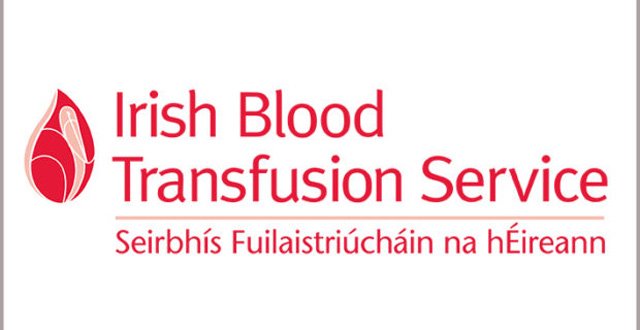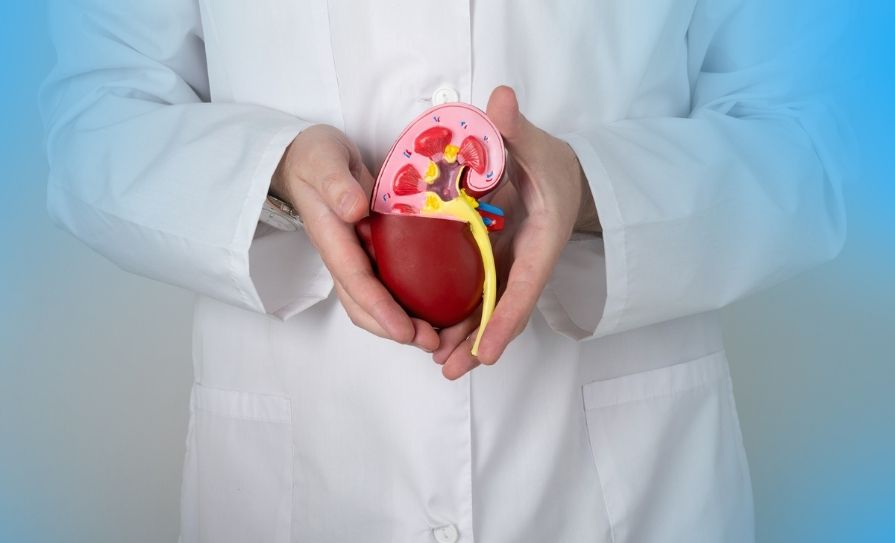New procedures have been instigated by the Irish Blood Transfusion Service (IBTS) after two incidents involving bacterial contamination of platelets, the Medical Independent (MI) has learned.
One incident concerned a pooled platelet with Serratia marcescens identified before the product had been issued. The other involved a returned apheresis platelet with aggregates which, when cultured, contained Staphylococcus aureus. The incidents were reported to the Health Products Regulatory Authority.
The source of the Serratia marcescens incident was “fully investigated and although investigations were not conclusive it has been derived that the contamination occurred early in the process. The Staphylococcus aureus event was donor (skin) related”, an IBTS spokesperson told MI.
A report for the IBTS board by Medical and Scientific Director Prof Stephen Field, dated September 2020, noted “as platelets need to be stored between 18 and 20 degrees celsius, there is a risk that any contaminating bacteria may proliferate and cause a septic transfusion reaction”. The IBTS had a protocol to minimise this risk and was enhancing its measures in light of the incidents, it said.
The IBTS has been screening platelets by bacterial culture methods since 2004 with no septic transfusion reactions reported, its spokesperson told MI.
The Service also implements diversion of the first 30mls of the collection; donor arm cleansing; “rigorous” donor selection; aseptic non re-touch venepuncture technique; and the “use of a closed system for further processing of the donation”. However, despite these measures, there have been “a number of times” when platelets were recalled due to bacteria being detected.
Bacterial screening does not involve a single test and the screening is ‘live’ for the shelf-life of the platelets, which is approximately five days. The product is issued to the hospital with a ‘negative to date’ report while the live test continues.
“On occasion the screening system may signal growth after issue of the platelets. If this occurs the clinical team in the hospital is notified. In the vast majority of cases the organisms isolated are not clinically significant.”
In some cases, however, the product has already been transfused (especially in the case of a ‘slow-growing organism’), but without adverse clinical outcomes.
A new protocol for bacterial screening of platelets was introduced in November 2020. Platelets are currently held for a minimum of 36 hours before inoculation of the culture system to give the greatest probability of obtaining a positive result in the presence of bacteria. After testing, the product is held a further 12 hours before ‘negative to date’ platelets are issued to hospitals.
This represents “an enhancement of the safety measures previously in place” and is “in keeping with international practice”.
However, Prof Field’s report in September noted that changes to the platelet culturing methodology would not minimise the risk “to the fullest extent” and referred to an option to treat the platelets with a photochemical process.
The Service’s spokesperson commented: “The IBTS has done an extensive evidence-based evaluation of pathogen reduction and has concluded that this technology merits further consideration from a health economic perspective. To this end a procurement process is underway to establish the costs and no further comment can be made whilst this tender is ongoing.”













Leave a Reply
You must be logged in to post a comment.